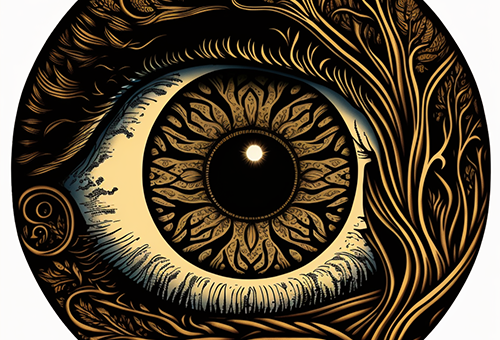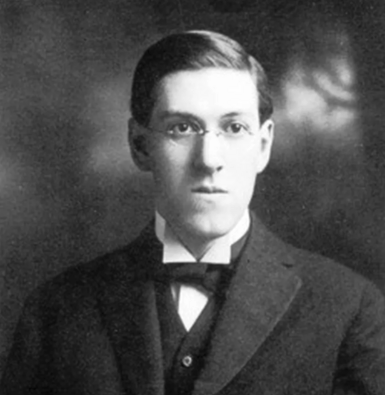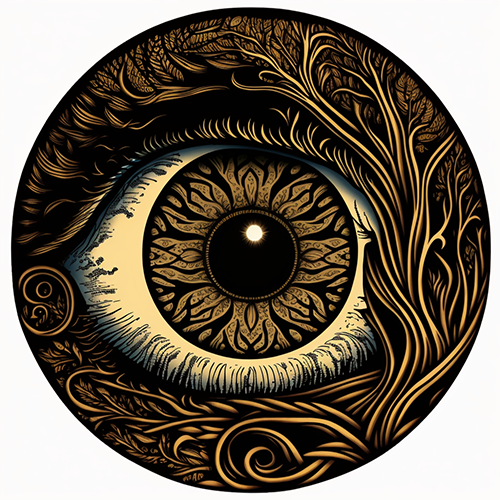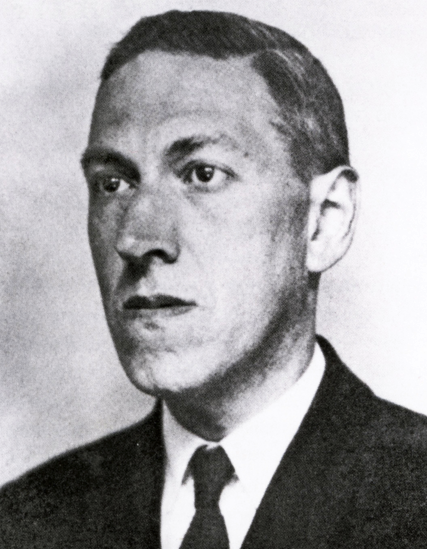
H.P. Lovecraft, an iconic figure in the realm of weird fiction and horror, has left an indelible mark on literature with his creation of the Cthulhu Mythos and his unique approach to cosmic horror.
Here are some key facts about him that everyone should know.
1. Early Life
Howard Phillips Lovecraft was born on August 20, 1890, in Providence, Rhode Island. His life was marred by tragedy from an early age, with his father being institutionalized when Lovecraft was only three years old, and his mother also experiencing mental health issues later in life.

2. Writing Style and Themes
Lovecraft’s work is characterized by its atmosphere of cosmic dread, the notion that the universe is mysterious, ancient, and indifferent to humanity. He introduced the idea that beyond our world lie beings of such power and incomprehensibility that merely to glimpse them is to invite madness.
3. Cthulhu Mythos
Among Lovecraft’s most significant contributions to horror literature is the Cthulhu Mythos, a shared universe featuring ancient, cosmic deities such as Cthulhu, Nyarlathotep, and Azathoth. This mythos has been expanded upon by other writers, becoming a foundational element of many horror stories and games.

4. Influence on Pop Culture
Lovecraft’s influence extends beyond literature into movies, video games, music, and tabletop games. Titles like “The Call of Cthulhu” role-playing game, video games like “Bloodborne,” and movies such as “The Color Out of Space” demonstrate his lasting impact.
5. Posthumous Fame
Interestingly, much of Lovecraft’s fame came after his death on March 15, 1937. During his lifetime, his work was primarily published in pulp magazines, and he struggled with poverty. It was only later that his writings received critical acclaim and a much wider audience.
6. The Necronomicon
Lovecraft invented the “Necronomicon,” a fictional grimoire that appears in several of his stories. Despite being entirely a creation of Lovecraft, its detailed descriptions have led some to believe it might be a real text.

7. Lovecraft’s Writing Philosophy
He was a proponent of “cosmicism,” the idea that life is incomprehensible to human minds and that the universe is fundamentally alien. This philosophy deeply influenced his approach to horror, shifting away from traditional Gothic tales to stories emphasizing the unknown and the unknowable.
8. Legacy and Recognition
Today, Lovecraft is recognized as one of the most influential horror writers of the 20th century. Awards like the World Fantasy Award originally featured a bust of Lovecraft, acknowledging his impact on the genre (though the award was later changed due to his controversial views).
9. The Lovecraft Circle
A group of writers and friends who corresponded with Lovecraft, sharing stories, ideas, and feedback. This circle included notable authors like Robert E. Howard (creator of Conan the Barbarian) and Clark Ashton Smith, who both contributed to and expanded upon the Cthulhu Mythos.
Lovecraft’s work continues to be studied, critiqued, and celebrated for its imaginative depth and its ability to evoke a sense of the uncanny and the cosmic.

